Thursday, 16 May 2024
Menu

Divemaster, apart from the name of the diving rank, is in many training organisations a popular name for the function of a dive leader. In contrast to the name of the degree, which is customarily written with a capital letter, the function name is simply divemaster. In most organisations the divemaster is the first professional degree, i.e. the start of a professional career in the diving industry.
The basic functions of a divemaster are usually known from experience: he assisted the instructor with the training, and when we went diving, he looked after us on the boat. These two functions, i.e. assisting in training and supervising certified divers, are of course functions closely related to the diving activity. In addition to this, the divemaster very often works in a dive centre / dive base, as a salesman, equipment repairman, training coordinator and fulfils many, many other roles. However, let us focus on two main roles, which the divemaster fulfils.
A divemaster in most diving organisations is a non-teaching member of the training staff. The term non-teaching refers to the fact that divemasters usually cannot train and certify divers on their own. This is because divemaster course syllabuses do not include topics such as lecturing, teaching in the pool and open water. Only the subsequent training (assistant instructor and/or instructor) makes it possible to become fully independent. This does not change the fact that the divemaster is essential for training. What does it do then:
– Ensuring the logistics of the course, i.e. that no matter where the course takes place, the equipment is in the right place at the right time. In practice this means that the divemasters prepare, pack, unpack, carry and arrange the equipment for the students.
– Helping students with problems – especially in the early stages of learning in the pool, an individual approach to students is sometimes necessary. This allows the instructor to continue with the group and the divemaster to assist individually in solving the student’s problems (for example, when practising with a mask or improving buoyancy)
– Supervision of students who are not under the supervision of the instructor – when performing exercises such as controlled emergency ascent, the instructor may ascend with only one student. During this time the rest of the students stay on the platform under the supervision of the divemaster. This example perfectly shows that the divemaster is an essential member of the staff during the training. If the divemaster was not there, the instructor could take only 1 student into the water at a time.
– Assist the instructor in demonstrating exercises – some exercises in diving courses require two people to demonstrate (for example, use of alternate air source or rescue drills)
– Assist students with equipment selection, turning, and dressing in equipment
– Assist students in performing drills – especially when performing navigation or rescue drills
– Assist students in learning
Without a divemaster it is hard to imagine an effective training. Thanks to his/her help the students may spend more time in the water, as they simply enter it faster. Additionally, the instructor can concentrate more on teaching the students than on all the logistic issues. For the divemaster himself, such assistance is an ideal way to gain experience useful later in his own career as an instructor. We have said that a divemaster usually cannot train for diving degrees, but can often conduct many additional programs and trainings. These include intro type programs, ABC swims, dive skill repeats, etc. These courses are a great way to polish your educational skills and also learn how to control a group.
This function is just beginning to be popular in Poland. However, in the world it is the main occupation of divemasters, which I am sure you have encountered while diving abroad. Divemasters on diving boats or from the shore manage recreational dives of divers, who are already certified. Their tasks include:
– Securing the logistics of the dive (cylinders, equipment, etc.)
– Conduct site briefings and site specifics
– Assisting with dive planning for individual groups (especially when the divemaster is not in the water)
– Troubleshooting equipment problems – who among us hasn’t had a broken o-ring just when our equipment box was left on shore!
– Supervising divers underwater or from the boat/shore
– Counting the divers after leaving the water.
– Prepare a rescue plan for each dive site.
– In case of emergency, providing assistance to the injured divers.
Supervising certified divers is a great way to gain a lot of diving experience. It is also a great way to practice solving problems that may arise during diving trips. Both diving-related (equipment problems, training deficiencies of certified divers) and typically human problems.
Looking at the divemaster profession in this way, it is an excellent way to improve diving skills, gain experience in dealing with problems and customer service. If only by working as a divemaster we can gain more experience in one season than in our entire diving career to date.
In general, we can speak of two groups of people who choose this profession. The first are young people for whom this is their first professional experience. The second group of people who resign or take a break from their current job in order to develop their hobby in a nice (and usually warm) place. Regardless of which group future divemasters come from, they should always remember that it is still a job. Even if it will give us great pleasure and satisfaction, which I sincerely wish for everyone.
Source: This article was originally published on 15.05.2012
Photo: padi.com
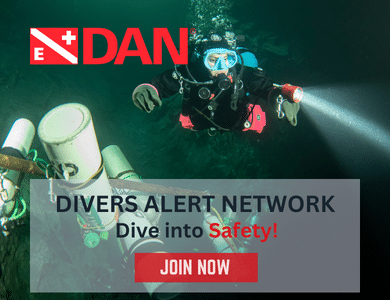

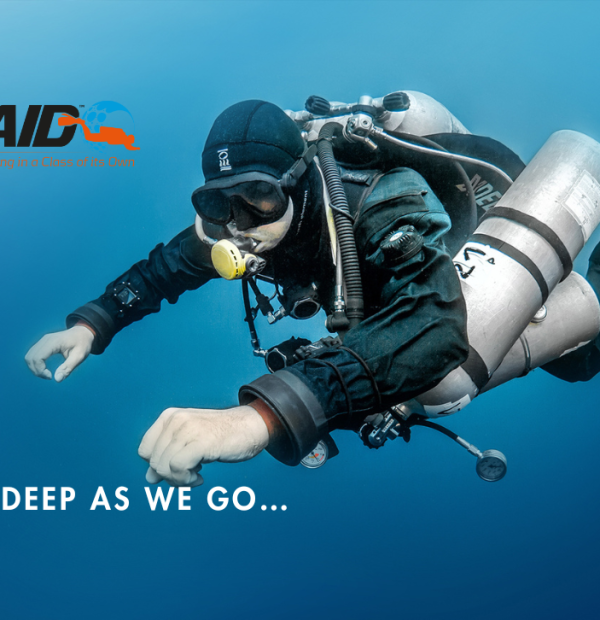
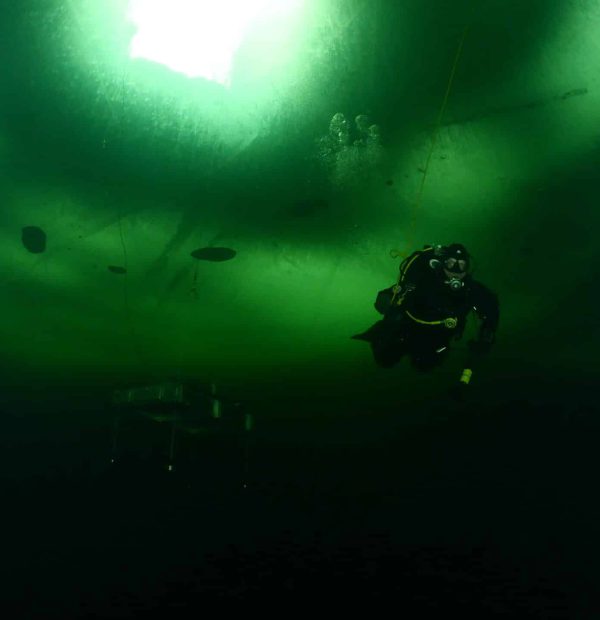
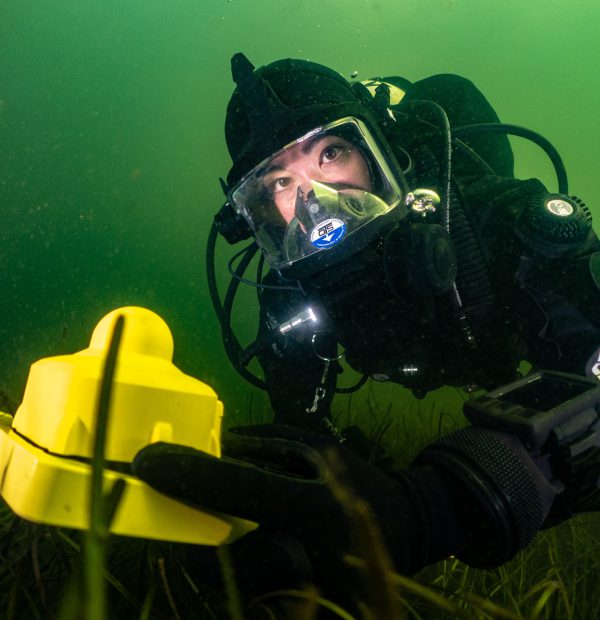
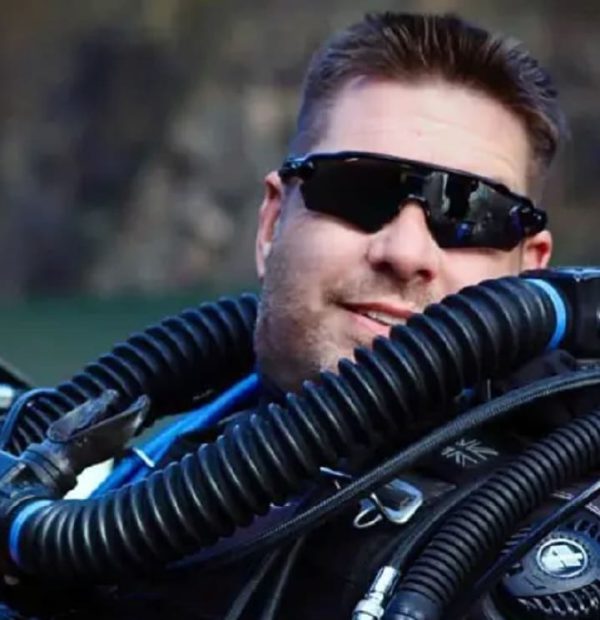
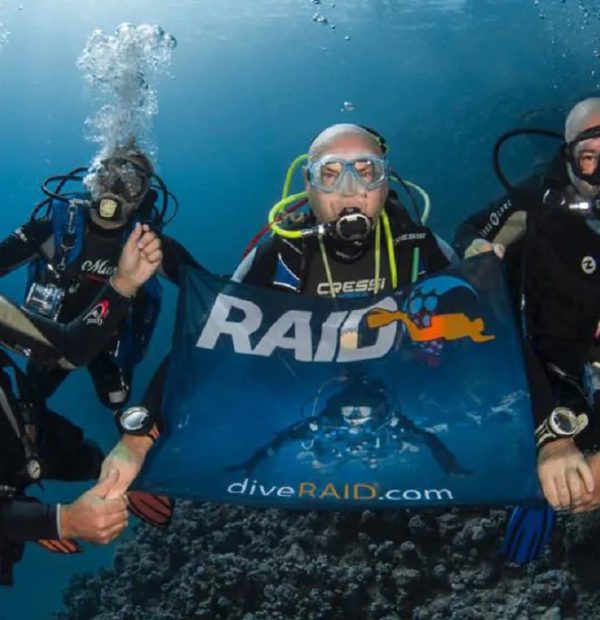
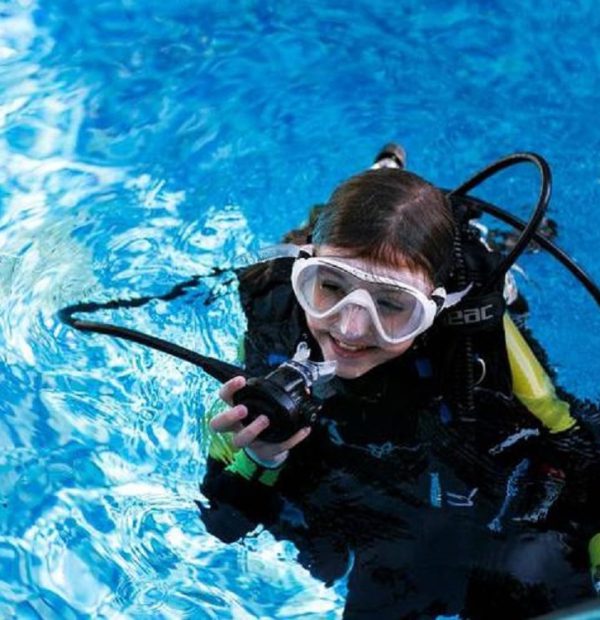

Welcome to DIVERS24.COM, your daily source of scuba news, freediving, scuba diving information, and equipment reviews. Our comprehensive coverage of the dive industry from A to Z provides you with all the latest scuba news, training updates, underwater photography tips, and everything else related to scuba diving. Whether you’re a beginner or an experienced diver looking for more knowledge about scuba gear or techniques – we’ve got it covered! With our in-depth articles written by experienced divers who have been there and done that, you are sure to find exactly what you need here at Divers24.com. Dive into scuba news today!
Underwater Media Sp. z o.o.
Szafarnia 11/F8,
80-755 Gdansk, Poland
Welcome to DIVERS24.COM, your daily source of scuba news, freediving, and scuba diving information. Sign in for a weekly news update and discount coupons for dive gear and apparel.
@2023 - underwatermedia.pl. All Right Reserved. Designed and Developed by Tworzenie stron internetowych Gdansk

The Divers24 portal is currently the largest online medium treating diving in Poland. Since 2010 we have been providing interesting and important information from Poland and around the world on all forms of diving and related activities.
Contact us: info@divers24.com